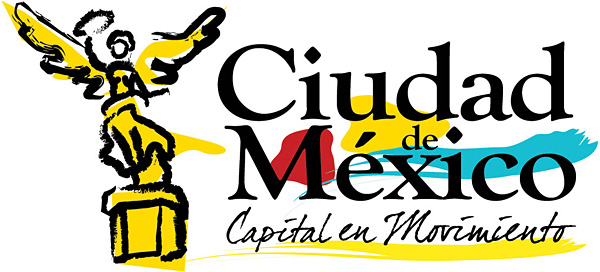- Home
- Reporting entities
- Municipality of São Carlos
Municipality of São Carlos
Brazil Mayor: Airton Garcia Ferreira-
Population 221950

-
Area 1137.0km 2
-
GDP N/AN/A
-
Targets by N/A N/Aemission
Targets by Municipality of São Carlos
There are no targets yet
- Start year: 2000
- Type: Education/Awareness Raising
- Status: In operation
Fire use as a means for clearing urban vacant lots in most
of interior Brazil’s cities is an historically established practice
that promotes serious and direct harm to human health as it
significantly contributes to increased greenhouse gas emissions.
The described campaign seeks to combat this practice
via environmental education activities, taxation and legal recourse.
The campaign is especially active in the dry season,
April to September.
Participating organizations: The fire department, the State
Ministry of Education Teaching Office, the Universidad Federal
de São Carlos, Embrapa Pecuaria Sureste.
- Waste

- Start year: 2000
- Type: Technical/Infrastructure investment
- Status: In operation
This program collects and burns off methane generated at
the sanitary landfill, a step originally undertaken to avoid
slides and explosions caused by gas-accumulations within
the fill. The city landfill was in operation from 1995 until the
second half of 2011; methane generated there was captured
and burned off following the fill’s third year of operations,
as part of landfill management best-practices efforts
- Waste

- Start year: 2003
- Type: Technical/Infrastructure investment
- Status: In operation
Starting in 2003, the São Carlos municipal government prevented
nearly 1.5 metric tons of food waste from entering
the sanitary landfill. These wastes were instead processed
via a composting technique to be used as fertilizer in the
city’s municipal orchard, which adopted agro-ecological and
organic production guidelines starting in 2001. Much of the
compost manufacture is carried out using aerobic fermentation
processes, which avoids generating high-impact greenhouse
gases such as methane.
- Waste

- Start year:
- Type: Policy/Strategies/Action Plans
- Status:
São Carlos’s Urban Macro-Drainage Master Plan is an important
adaptation component for the community given a
probable worsening in global climatic conditions that will
affect the entire planet differently depending on local environmental
characteristics, but also in accordance with
which local adaptation preventative measures are adopted.
São Carlos is situated in a region of emerging headwaters;
increases to precipitation and the frequency of extreme
weather events represent one of its principal disaster risks.

- Start year: 2001
- Type: Policy/Strategies/Action Plans
- Status: In operation
This program seeks to foment local plant and riparian forest
recuperation as well as offer incentives encouraging
urban forestation, which could reduce average local temperatures
up to four degrees centigrade—a quite notable
figure in light of the fact that by 2030 the planet’s average
temperature may rise as much as 2 degree centigrade. The
local government created a program in which every citizen
can receive a free sapling in his or her home. A tax incentive
was also created for buildings that plant trees sreeetside
and reserve a percentage of interior vegetation-covered
permeable area.

Mayor Airton Garcia FerreiraMunicipality of São Carlos, Brazil


